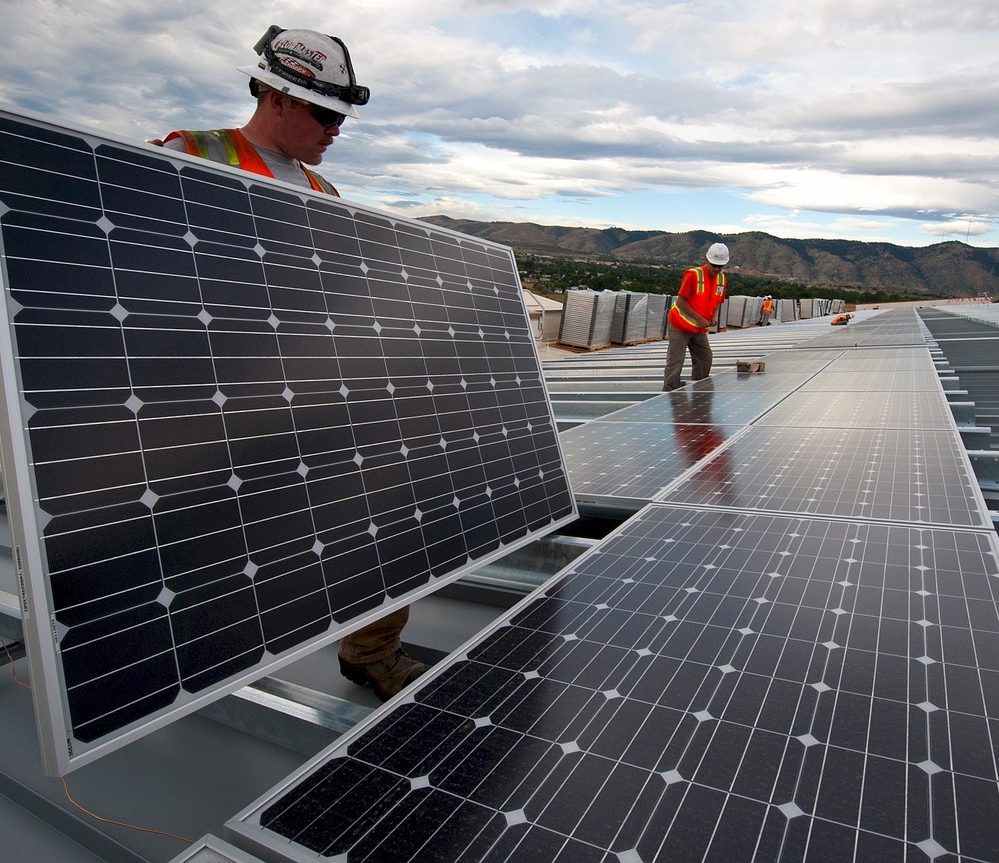Through initiatives like the Global Covenant of Mayors for Climate and Energy, thousands of cities worldwide are quantifying their greenhouse gas emissions and tracking progress through periodic greenhouse gas inventories. As a growing amount of performance data emerges, it is clear that data choices are important to maximize long term performance management and maintain data-driven mitigation decisions.
ICLEI USA has applied a new technique to understand the drivers of change in community emissions and inform data collection and management. The results are captured in a new report – “What’s driving changes in local GHG emissions? Results from Contribution Analysis ” – released today at the Global Climate Action Summit in San Francisco.
Key findings from the analysis are:
A cleaner electric grid and energy efficiency are important for offsetting growth and reducing emissions from commercial and residential electricity. State-level policies advancing renewable energy, combined with local, utility, business and individual action for energy efficiency can overcome growth and drive significant emissions reductions.
State energy efficiency policies have a noticeable effect on changes in commercial energy usage. Local governments in states with a high energy efficiency policy score show per-employee energy use decreasing more rapidly than those in lower-scoring states.
Both more efficient vehicles and reduced vehicle miles per person are important for offsetting growth and reducing emissions from on-road transportation.In a majority of communities analyzed, improvements in vehicle fuel efficiency and reductions in vehicle miles per person are, taken together, sufficient to reduce emissions despite population growth.
Transportation emissions are more challenging than electricity emissions and more work is needed. While the overall trend is in the right direction, transportation emissions are not decreasing as rapidly as those from electricity, and emissions are still increasing in 37 percent of communities analyzed. More work is needed to address both vehicle miles per person and vehicle fuel efficiency or fuel switching.
The results show that growth can be accommodated while effectively reducing emissions, despite the challenges. In the report, ICLEI USA underscores how important it is that greenhouse gas inventories place greater emphasis on documenting the context, moving beyond basic population, land area and GDP to cover more nuanced indicators around the built environment and economic activity.
—
Read the full report here and check other ICLEI USA publications.





